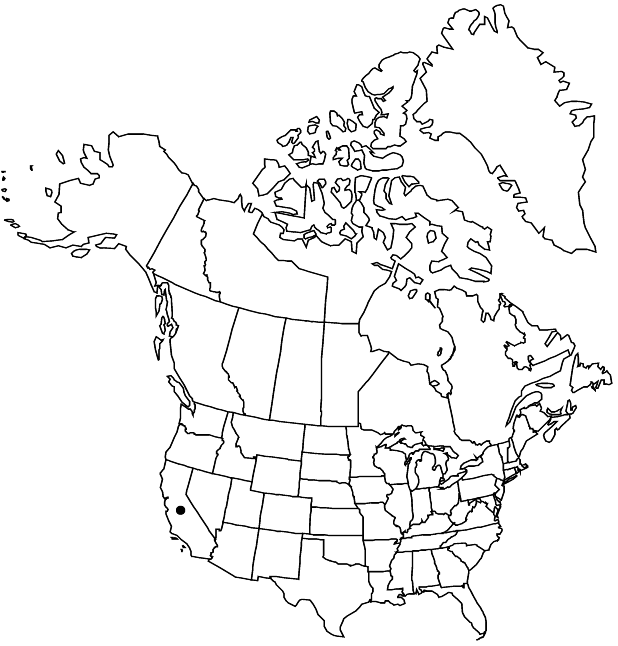Difference between revisions of "Dodecatheon clevelandii var. patulum"
Sida 22: 863. 2006 ,.
FNA>Volume Importer |
imported>Volume Importer |
||
| (2 intermediate revisions by 2 users not shown) | |||
| Line 65: | Line 65: | ||
|publication year= | |publication year= | ||
|special status= | |special status= | ||
| − | |source xml=https:// | + | |source xml=https://bitbucket.org/aafc-mbb/fna-data-curation/src/2e0870ddd59836b60bcf96646a41e87ea5a5943a/coarse_grained_fna_xml/V8/V8_558.xml |
|genus=Dodecatheon | |genus=Dodecatheon | ||
|species=Dodecatheon clevelandii | |species=Dodecatheon clevelandii | ||
Latest revision as of 22:44, 5 November 2020
Inflorescences 1–10(–18)-flowered. Flowers: filament tube with yellow or white spot proximal to each anther; pollen sacs usually dark purple; connective maroon to black. 2n = 44, 88.
Phenology: Flowering spring.
Habitat: Moist flats and slopes, usually on serpentine or alkaline soils in grassland communities, and in oak and conifer woodlands
Elevation: 0-700 m
Discussion
Of conservation concern.
Variety patulum is found mainly in central and northern California in the Central Valley, on the inner coastal ranges, and on the western foothills of the Sierra Nevada. It is disjunct to the Santa Monica Mountains, Los Angeles County. It and the hansenii phase of Dodecatheon hendersonii can be difficult to differentiate in the northern Sierra Nevada. Usually, the anthers of var. patulum are much shorter than those of D. hendersonii. Furthermore, the connective of var. patulum tends to be broadly triangular and heavily rugose; that of D. hendersonii is narrower, longer, and decidedly less rugose.
Selected References
None.
